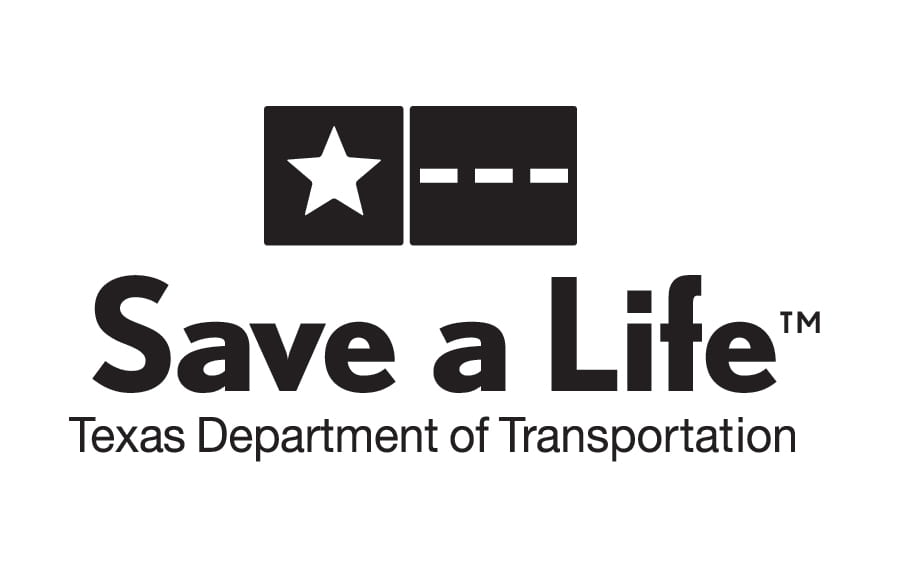
We made it half-way through January!
Whew! The first month of this year is already flying by at a fast and furious pace! This edition of Updates includes more important information about updates to eviction cases, TJCTC Deskbook and material updates, the CPPC exam, and upcoming webinars (including one scheduled for today!).
TJCTC will be closed on Monday, January 9th in observance of Martin Luther King Jr. Day and will re-open on Tuesday. We hope you enjoy your long weekend if you also have the day off (or if you don’t, a quiet office).

Eviction Updates & New Texas Rules of Civil Procedure in Effect and Open for Comment
All eviction cases filed on or after January 1, 2026, will follow the new statutes and Rules that went into effect January 1. This means that courts may have a few confusing weeks where both the old law and new law apply to different cases. Luckily, because of the quick timelines in evictions, this issue should not be a problem for long.
In late November, the Texas Supreme Court released their updates to the Rules, including to Part V that applies to justice courts. The Court then updated their proposed Rules again late yesterday. This version of the Rules went into effect on January 1, 2026, but could change again after the Court reviews the public comments.
TJCTC has been incorporating Rule changes into our materials and classes, but please click the button below to review the changes yourself as well. Comments regarding the amendments should be submitted in writing to rulescomments@txcourts.gov by February 1, 2026.

Updated Materials Now Online!
Hopefully you have already noticed, but the following Deskbooks have been updated recently:
- Administrative Proceedings Deskbook
- Civil Deskbook
- Criminal Deskbook
- Evictions Deskbook
- Inquests Deskbook
- Juvenile Deskbook
- Recordkeeping & Reporting Deskbook
- Trial Notebook
- Practical Guide to Writs of Execution
The rest are coming soon!
Note, many forms, charts, and checklists have also been updated and will continue to be updated over the coming weeks as-needed.
Look for updates to the self-paced modules to start rolling out next month.

Civil Process Proficiency Certification Exam
The Civil Process Proficiency Certification Exam will re-open for registration starting February 1, 2026.
You can find more information about the exam on the TJCTC website by clicking the button below.

TJCTC Webinars
SB38, Evictions, and Federally Subsidized Housing; Information and Resources for JPs and Constables
February 26th from 10:00 – 11:30 a.m.
Join Nelson H. Mock, Managing Attorney for Texas RioGrande Legal Aid, for a presentation that will provide an overview of the recently amended Chapter 24 of the Texas Property Code, discuss changes to the eviction process, and offer an introduction to federally subsidized housing, including public housing, project-based section 8 (PBS8) apartments, Section 8 vouchers, and Low-Income Housing Tax Credit (LIHTC) properties.
Registration link: https://txstate.zoom.us/webinar/register/WN_xvt0C0jNS0qra7QJ0GHsPA#/registration

Texas State Bar Justice Court Section Webinar
Making Sense of AI Technology in Justice Courts
January 16th from noon – 1:00 p.m. TODAY!!
Join the Texas State Bar Justice Court Section for a webinar this month as Heath Morgan, Partner, Martin Golden Lyons Watts Morgan and Lizbeth Parra Davila, Practicing Faculty, St. Mary’s University School of Law presents Making Sense of AI Technology in Justice Courts. This session will offer 1 hour MCLE credit, including .5 ethics credit. After registering, you will receive a confirmation email with a link to join the webinar.
Course Description: Generative AI is changing how legal work gets done and understanding what it can (and can’t) do is half the battle. This session will concentrate on safely and effectively adopting this new technology, both now and in the future. Learn the pros, cons, and necessary safeguards of using Generative AI in the Justice Courts.
Registration link: https://us06web.zoom.us/meeting/register/4MWungBOTci4Qvxrg1U8Tg#/registration










